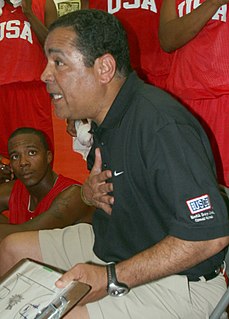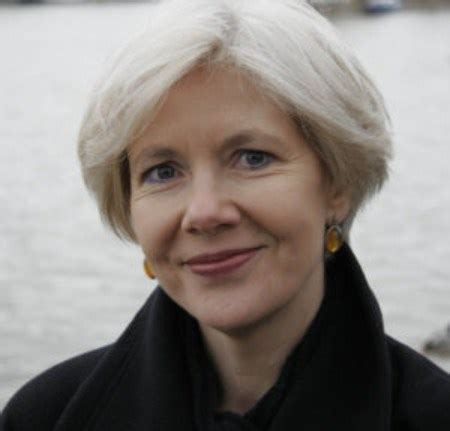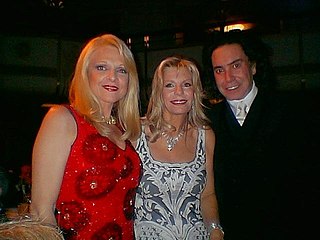A Quote by Dani Shapiro
I had spent my childhood and the better part of my early adulthood trying to understand my mother. She had been an extraordinarily difficult person, spiteful and full of rage, with a temper that could flare, seemingly out of nowhere, scorching everything and everyone who got in its way. [pp. 40-41]
Related Quotes
The idea of the book ["The Japanese Lover"] came in a conversation that I had with a friend walking in the streets of New York. We were talking about our mothers, and I was telling her how old my mother was, and she was telling me about her mother. Her mother was Jewish, and she said that she was in a retirement home and that she had had a friend for 40 years that was a Japanese gardener. This person had been very important in my friend's upbringing.
You'd have thought that after suffering such a loss nothing else would matter to her but that didn't seem to be how it worked. She was fearful about everything now. It was as if she had finally seen the awful power of fate, it's deviousness, the way it could wipe out in an instant the one thing you had been certain you could rely on, and now she was constantly looking over her shoulder, trying to work out where the next blow might fall.
One of the first roles I had on stage was with a brilliant director in a brilliant play with a brilliant cast, but I just couldn't find my way into the heart of the character. I found myself straining a lot. When it started. I felt lost. That was the Eugène Ionesco play Rhinoceros. I don't think I was prepared for that. I don't think I had the full tool kit to do it justice. It's a very difficult play, it's an extraordinarily difficult part, and I never felt I really got it right. Far from it. To a degree, Hamlet was the same.
Occasionally, on screen, Barbara [Stanwyck] had a wary, watchful quality about her that I've noticed in other people who had bad childhoods; they tend to keep an eye on life because they don't think it can be trusted. After her mother was killed by a streetcar, she had been raised in Brooklyn by her sisters, and from things she said, I believe she had been abused as a child. She had lived an entirely different life than mine, that's for sure, which is one reason I found her so fascinating. I think her early life was one reason she had such authenticity as an actress, and as a person.
I learned early that crying out in protest could accomplish things. My older brothers and sister had started to school when, sometimes, they would come in and ask for a buttered biscuit or something and my mother, impatiently, would tell them no. But I would cry out and make a fuss until I got what I wanted. I remember well how my mother asked me why I couldn't be a nice boy like Wilfred; but I would think to myself that Wilfred, for being so nice and quiet, often stayed hungry. So early in life, I had learned that if you want something, you had better make some noise.
although she went home that night feeling happier than she had ever been in her short life, she did not confuse the golf course party with a good party, and she did not tell herself she had a pleasant time. it had been, she felt, a dumb event preceded by excellent invitations. what frankie did that was unusual was to imagine herself in control. the drinks, the clothes, the instructions, the food (there had been none), the location, everything. she asked herself: if i were in charge, how could i have done it better?
My mother's influence to take on new challenges and do what I though was right even though sometimes the consequences politically speaking were not good. My mother was vivacious, she was full of life, she got up every morning looking forward to the day, trying to figure out what she could do that was innovative and unprecedented and maybe controversial.


































